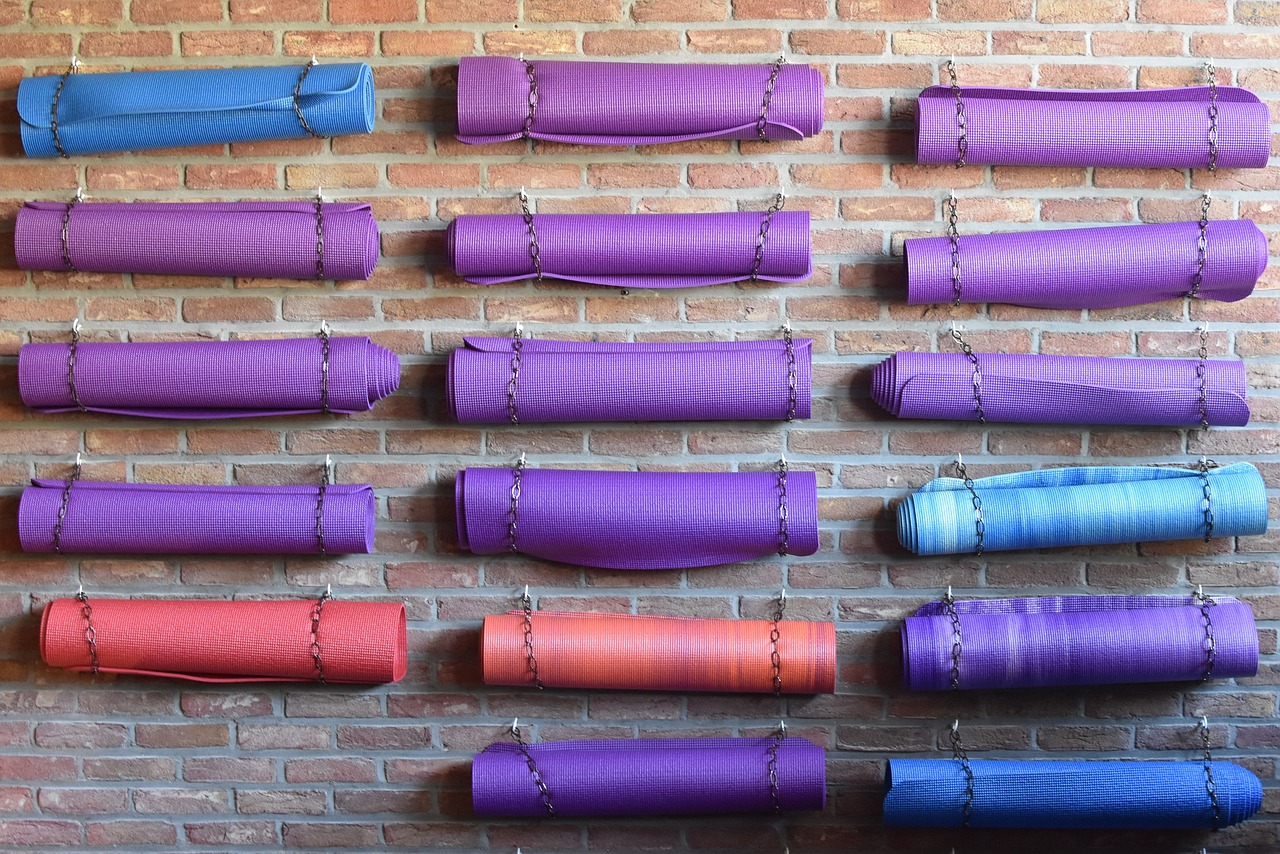Yoga is a practice that not only enhances physical flexibility and strength but also fosters mental clarity and spiritual well-being. A key component of a fulfilling yoga practice is the yoga mat. It’s not merely a surface for performing poses but an essential tool that provides stability, support, and comfort during your practice sessions. However, the vast array of yoga mats available can make the selection process overwhelming. This comprehensive guide aims to dissect the various aspects and considerations essential for choosing the perfect yoga mat that aligns with your preferences and practice requirements.
Understanding the Importance of a Yoga Mat
Role of a Yoga Mat in Your Practice
Your yoga mat serves as the foundation of your practice, offering a dedicated space where you can explore, connect, and deepen your yoga journey. It provides a stable and non-slip surface that helps prevent injuries while executing various poses. Beyond physical support, the mat delineates your personal space, fostering a sense of comfort and familiarity during each session.
Impact on Performance and Comfort
Selecting the right yoga mat can significantly impact your practice. A well-suited mat offers adequate cushioning to protect your joints, optimal grip to maintain stability in poses, and a comfortable surface that allows you to focus on breathwork and alignment without distractions. Consequently, it elevates the overall experience and efficacy of your yoga sessions.
Factors to Consider When Choosing a Yoga Mat
Material Matters
Yoga mats come in various materials, each with distinct characteristics. PVC mats are durable and affordable but might lack eco-friendliness. Rubber mats offer excellent grip but might have a strong initial odor. TPE mats are environmentally friendly and lightweight, whereas natural fiber mats provide a more organic feel but might lack durability.
Thickness and Density
The thickness and density of a yoga mat significantly impact comfort and stability. Thicker mats offer more cushioning for sensitive joints, while thinner mats provide better connection to the floor, enhancing stability and balance during standing poses.
Texture and Grip
Texture plays a pivotal role in a mat’s grip. Mats with textured surfaces provide better traction, preventing slips and ensuring a firm hold during challenging poses. This factor is particularly crucial for practitioners of hot yoga or those who engage in vigorous styles.
Portability and Size
Consider the portability and size of the yoga mat. Opt for a mat that suits your lifestyle, whether you prioritize easy transportability for outdoor sessions or a larger size for ample practice space. Ensure it aligns with your body’s dimensions to accommodate your practice comfortably.
Popular Yoga Mat Options and Their Features
PVC (Polyvinyl Chloride) Mats
PVC mats are widely available and known for their durability and affordability. They provide excellent cushioning, making them suitable for practitioners who require extra support. However, their production process often involves harmful chemicals, raising concerns about environmental impact and potential health risks.
Rubber Mats
Rubber mats are favored for their exceptional grip, providing stability during various yoga poses. They are eco-friendly and offer good traction even in sweaty conditions. While these mats may have a strong initial odor, regular airing can help dissipate it. However, some rubber mats might require specific care to maintain their quality over time.
TPE (Thermoplastic Elastomer) Mats
TPE mats are gaining popularity due to their eco-friendly nature, lightweight design, and good cushioning properties. They are free from harmful chemicals like PVC and latex, making them a preferred choice for environmentally conscious practitioners. TPE mats offer decent grip and durability without compromising on comfort.
Natural Fiber Mats
Mats made from natural fibers like cotton, jute, or hemp provide a more organic and natural feel. They often appeal to individuals seeking a connection to nature through their practice. However, natural fiber mats may lack the same level of durability and cushioning as synthetic options, requiring more frequent replacements.
Specialized Mats for Specific Practices
Yoga practitioners engaged in specialized practices may benefit from mats tailored to their specific needs:
Hot Yoga Enthusiasts
For those practicing hot yoga or Bikram yoga, non-slip mats designed to offer enhanced grip even in high-temperature and high-humidity environments are recommended. Look for mats with moisture-wicking properties to prevent slippage during challenging poses.
Sensitive Skin Considerations
Individuals with sensitive skin or latex allergies should opt for hypoallergenic mats made from materials like TPE or natural fibers. These mats are gentle on the skin and minimize potential allergic reactions.
Eco-Conscious Yogis
Practitioners aiming for an environmentally friendly lifestyle might prefer mats made from sustainable materials such as natural rubber, cork, or recycled materials. These mats align with eco-friendly practices without compromising on quality.
Maintenance and Care Tips for Your Yoga Mat
Regular Cleaning Routine
Maintaining hygiene is vital for the longevity of your yoga mat. Establish a cleaning routine using gentle, natural cleansers to remove dirt, sweat, and oils that can accumulate over time.
Storage Guidelines
Proper storage is essential to prevent your mat from warping or developing creases. Store it in a cool, dry place, and avoid exposure to direct sunlight or extreme temperatures.
Conclusion and Final Tips
In conclusion, choosing the perfect yoga mat is a personal decision that depends on various factors, including material preference, thickness, texture, and intended use. Consider your specific needs, practice style, and environmental concerns when making your selection. Remember to prioritize comfort, stability, and sustainability in alignment with your yoga journey.






